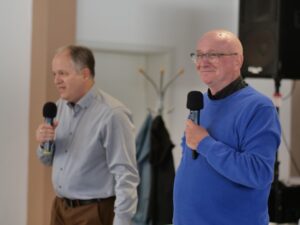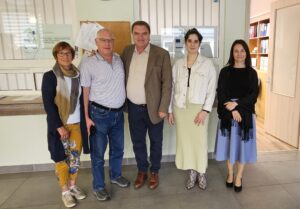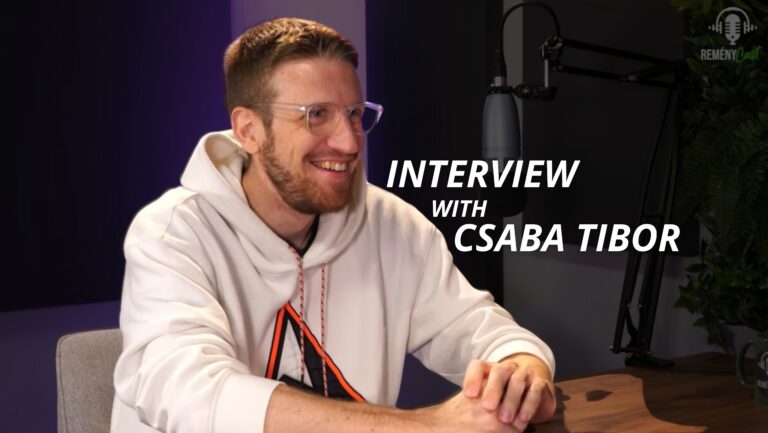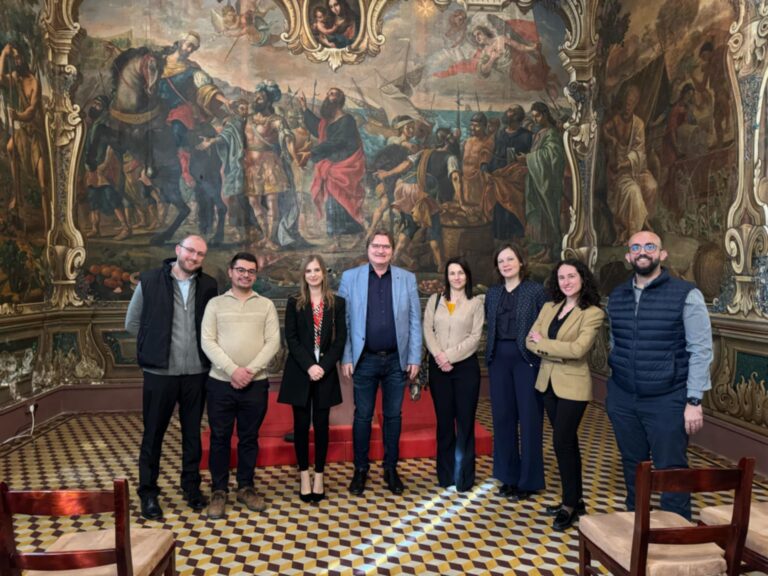Significant changes have occurred in the organizational structure of the HGMI starting from July. A transformation process has been initiated, aiming to introduce a pilot mode of micro-matrix management method to enhance the organization’s flexible adaptability and efficiency while providing differentiated growth opportunities for the mission.
The Hungarian Gypsy Missions International has reached a turning point with organizational and operational transformations. According to mission leader Albert Durkó, the need for change primarily arose due to the organization’s growth.
“I believe and have witnessed that God has guided us through numerous miracles from the very beginning. Our service is built upon helping and supporting all people in need, enabling them to build upon us and on God, who has sent us,” highlighted the mission leader during a work conference discussing the details of the changes.
The leadership of HGMI has spent over a year preparing for the transformation, and the plan went through many professional filters.
“The transformation was necessary because, by God’s grace, we are a continuously growing organization, currently working with around 1,300 employees. We believe that the newly introduced matrix system will be more suitable for better exploiting the possibilities. The goal is to provide directors with significantly greater decision-making authority, while in many cases, different organizations will collaborate on individual projects,” was conveyed during the briefing.
As emphasized by Albert Durkó, the mission leader will continue to hold the top position within the organization, and the directorates will operate under the supervision of the spiritual and mission councils. Additionally, new departments and groups will be formed to enhance the effectiveness of the HGMI’s work. The leadership appointments were announced during the meeting as well. László Surman was appointed as the spiritual-missionary chief executive, Teó Rossu as the deputy economic mission leader, Orsolya Gálné Erdész as the deputy coordination mission leader, Hajnalka Fazekas as the social director, Szilvia Kiss as the institutional director, Dr. Ildikó Szilágyiné Morár as the director of network and communications, and Vivien Filó will continue her work as the director of international relations in the future.

















